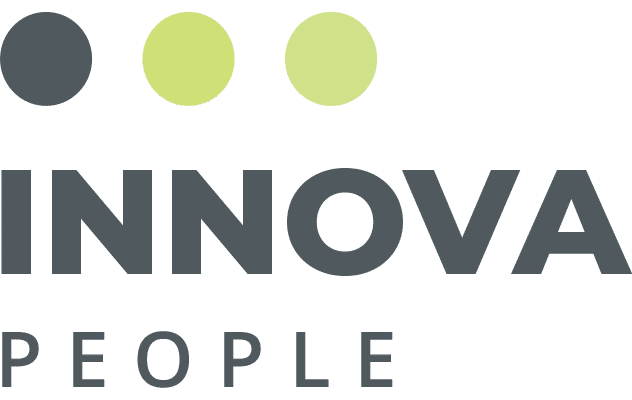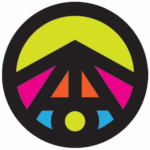Mindset is everything. Whether you’re talking about career success, a career change, or getting through a global pandemic, having the right mindset can change the outcome.
The concept of mindset became popular from Stanford University psychologist Carol Dweck and her book: The New Psychology of Success.
Success in almost every aspect of life can be influenced by how we think about our talents, abilities, and potential. Her decades of research revealed most people operate in two different mindsets: a fixed and a growth mindset. Once we harness the power of a growth mentality, studies show that it can be essential for career success.
Fixed vs. growth mindset
In a fixed mindset, people see their qualities as fixed traits that cannot change. With a fixed mindset, talent is enough to lead to success, and effort to improve these talents isn’t required: one is born with a specific skill and intelligence that can’t be improved.
On the other hand, a growth mindset is based on the idea that your essential qualities can cultivate through your efforts.
According to Dweck, those with a growth mindset aren’t afraid to fail; in fact, they see failure as a springboard to success. In her book, Dweck writes, “After thirty years, my research has shown that the view you adopt for yourself profoundly affects the way you lead your life. It can determine whether you become the person you want to be and whether you accomplish the things you value.”
Develop a growth mindset
- Embrace failure. Have you ever been demoted or fired from a job? View that failure as a positive rather than a negative. Think about ways that you can learn and grow from the experience.
- Become a lifelong learner. Those with a growth mindset actively seek learning opportunities, which result in more career success.
- Ask for feedback. Not to hear about how great you’re doing but to find ways to improve. Growth-oriented individuals are interested in developing and challenging themselves. They aren’t afraid to be criticized or judged. Once you understand that you are responsible for your growth, you will have the confidence to ask for feedback, value it, and learn from it.
Do you feel like something is holding you back in your career? Maybe it’s your mindset.



